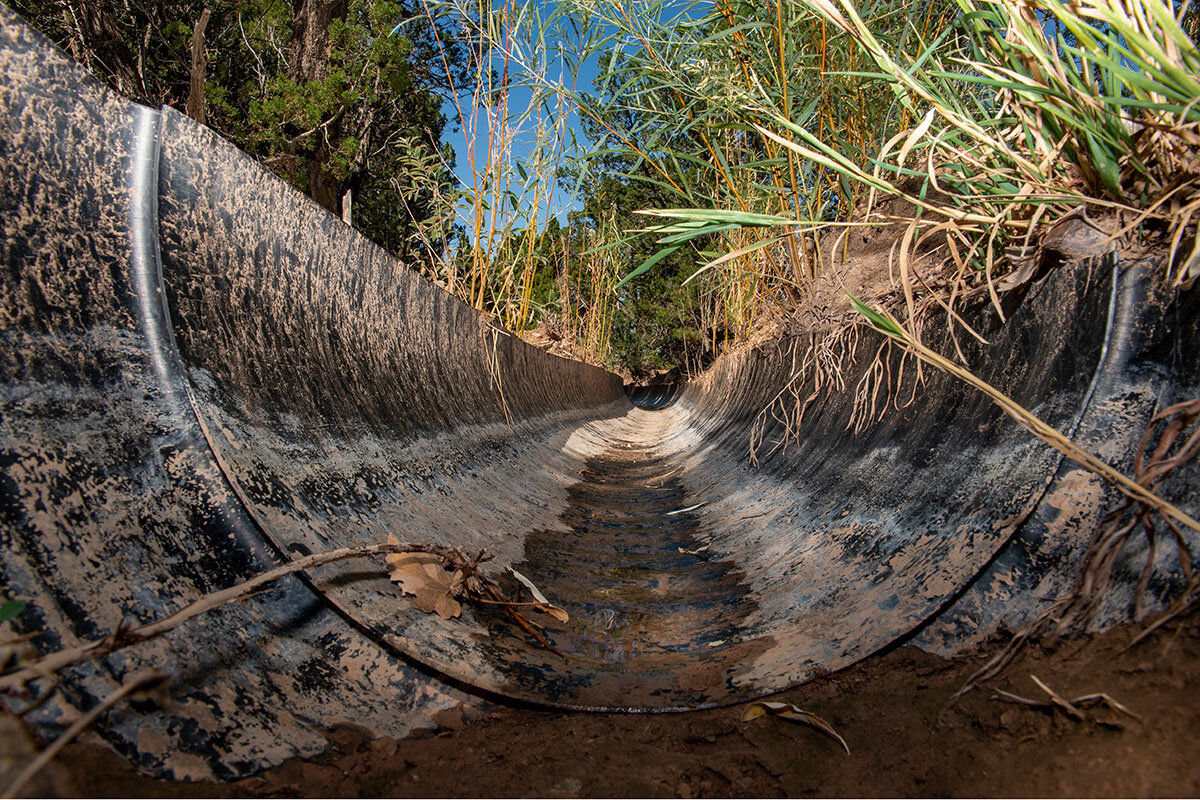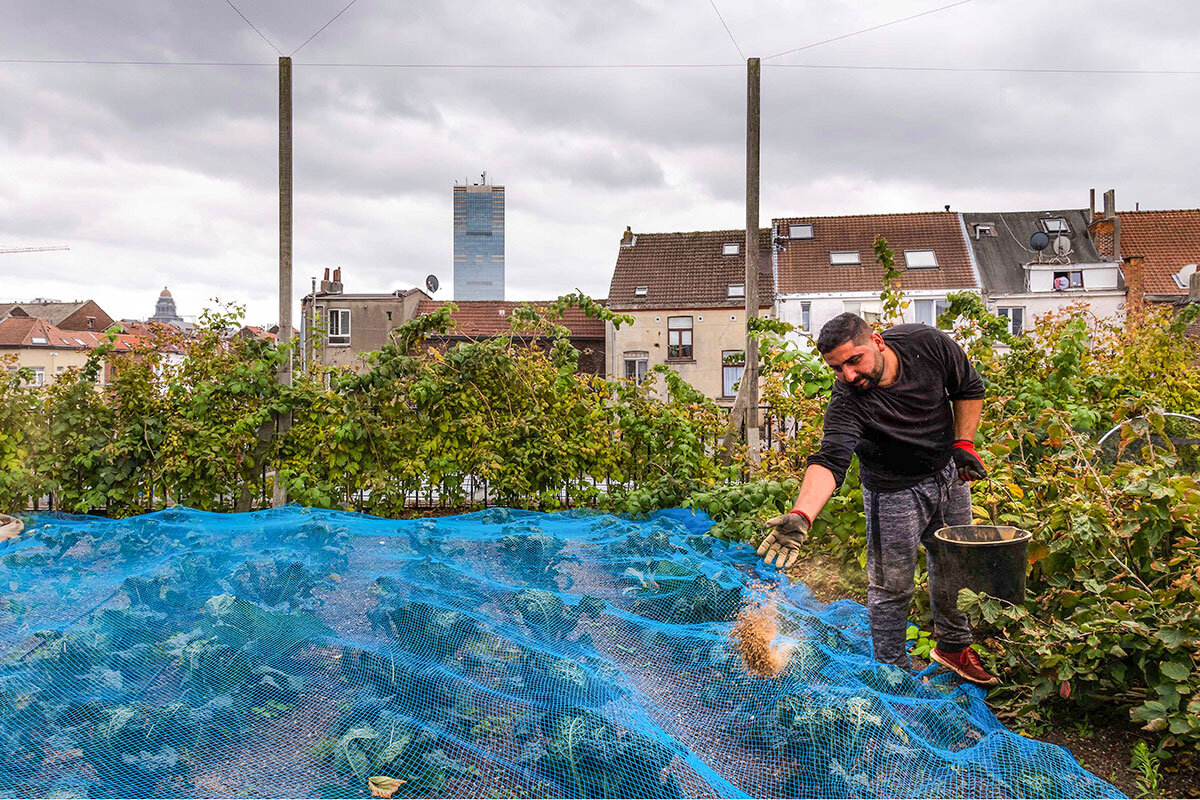The outcome of the longest U.S. war underscores a distaste for counterinsurgencies. But the need to engage in those may recur – even as the need to manage big-power conflicts also grows.
Monitor Daily Podcast
- Follow us:
- Apple Podcasts
- Spotify
- RSS Feed
- Download
 Clayton Collins
Clayton Collins
Misinformation does more than arm dinner-table combatants with dubious talking points. With social media reach it bolsters false narratives, sways political constituencies, and influences policymakers on issues from abortion to climate science to vaccines.
Algorithms boost stories. And algorithms are about engagement, not accuracy. A blaring declaration can outplay a nuanced exploration.
So much for the wisdom of crowds, right?
That’s where it gets interesting. A new paper in Science Advances maintains that “layperson ratings” of the objective truthfulness of news can be surprisingly accurate. Could they be scalable tools in fighting misinformation?
Assembled groups of lay readers studied were diverse, including in stated political leanings. Individuals made determinations independently.
The action was predictably chaotic, but “even if the ratings of individual laypeople are noisy and ineffective, aggregating their responses can lead to highly accurate crowd judgments,” reads the paper. At 22 members, groups began outperforming the work of professional fact-checking sites.
“Our sense of what is happening is people are ... asking themselves, ‘How well does this line up with everything else I know?’” David Rand, an MIT professor and lead researcher, tells Wired. “You don’t need all the people to know what’s up. By averaging the ratings, the noise cancels out and you get a much higher resolution signal.”
That doesn’t mean shoving professionals aside. In the researchers’ view it’s just one more way for social platforms to foster a hierarchy of the credible.
“You want to be assigning ... some score on this continuous slider of totally accurate to pants-on-fire false,” Professor Rand tells Wired. “What I would do if I [were] them is, the worse it is the more you demote it.”










